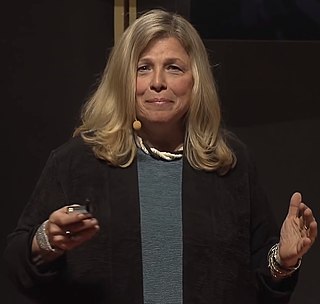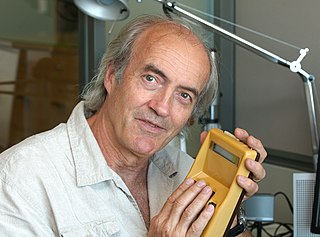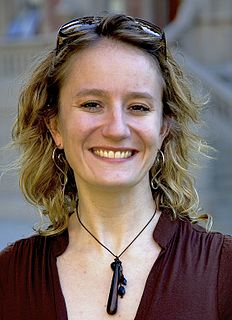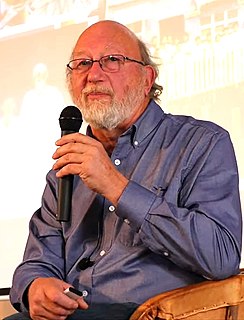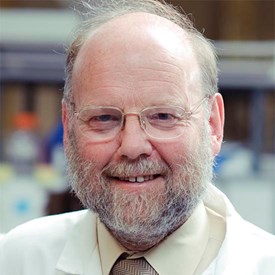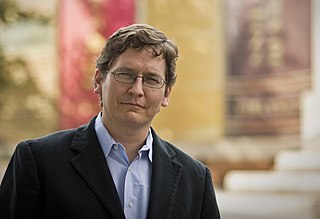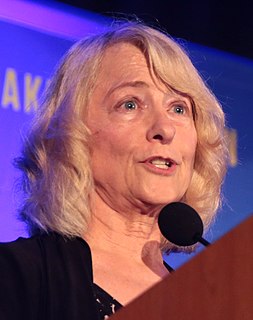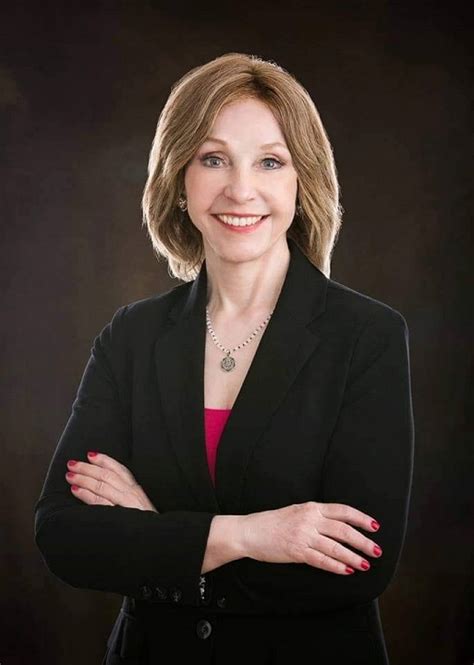A Quote by Michelle Gielan
People will often say "You can't change other people." My research shows this societal belief is not only dis-empowering, it is scientifically false.
Related Quotes
All personal breakthroughs begin with a change in beliefs. So how do we change? The most effective way is to get your brain to associate massive pain to the old belief. You must feel deep in your gut that not only has this belief cost you pain in the past, but it's costing you in the present and, ultimately, can only bring you pain in the future. Then you must associate tremendous pleasure to the idea of adopting a new, empowering belief.
I am not a positivist. Positivism states that what cannot be observed does not exist. This conception is scientifically indefensible, for it is impossible to make valid affirmations of what people 'can' or 'cannot' observe. One would have to say 'only what we observe exists,' which is obviously false.
There's a lot of false prophets around and that's the trouble. People say they think they know what's right and other people get people to follow them because they have a certain type of charisma, and there's always people willing to take over. People want a leader. And there will be more and more of them.
The aim of dis-incumbence is a hubristic one, for it requires confidence in the ability of men and women to live in the belief that nothing they do can, in the end, be justified by anything. That's a belief that it is easy to proclaim in seminar rooms or pubs, but not one that people could actually live with.
People who think they have no belief quite often say they want to pray but they do not know who or what they could be praying to. Aquinas would not say to such people, 'Ah, but you see, if you became a believer, a Christian, we would change all that. You would come to understand to whom you are praying.' Not at all. He would say to such people, 'If you became a Christian you would stop being surprised or ashamed of your condition. You would be happy with it. For faith would assure you that you could not know what God is until he reveals himself to us openly.'
I'd say that it's often true that people are attracted to each other immediately and everything lines up, but it's just as true for those relationships to end up a disaster. But people don't think of that as false love-at-first-sight. They highlight the examples that worked rather than the ones that failed.
I think one of the great strengths of Americans United is that it has such diversity. That it has not only people who have no religious belief, but lots of people who do and who take that belief very seriously. And I think that provides us with a great opportunity to talk about the separation of church and state. There are plenty of other groups, and some of them are quite good at what they do, but they also have an agenda of non-theism, but we don't have, you might say, a theology. We just have a commitment to the Constitution.












